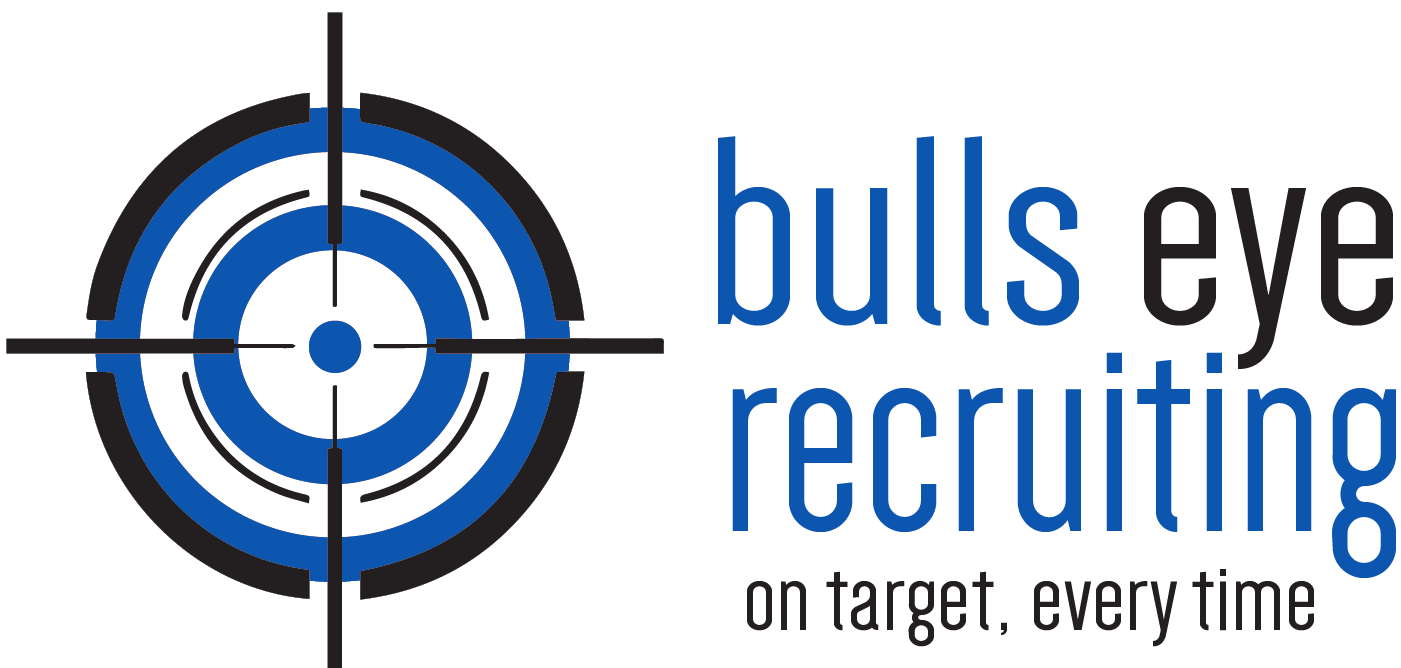The present day professional is a hard worker who devotes extra hours to work and is busy chasing success. He is interrupted six-seven times an hour and remains distracted for up to two hours in a day. He may have a prestigious job in a big corporate house but tends to undergo stress in situations like corporate restructuring, where he faces uncertainty about the future. This leads to stress. There can be several other reasons that can cause stress at work. Do you think you can do quality work and deliver more than what is expected of you in such tense situations? Can you remain calm when you are being burdened with work and have unreasonable demands to meet?
If you wish to maintain a steady focus throughout the day and remain cool under stressful situations, here are ten useful tips on how to reduce stress at work before the work pressure overwhelms you and begins to impact your performance.
1. Act Rather Than React
Chronic stress has the ability to affect our well-being and lower our confidence. When feeling stressed out, you must identify the root cause of the problem so that you can try to bring the situation under control. Your aim should be to avoid an outburst or any other negative reaction that can harm your career. You should be in control of your actions, must make calculated moves and should respond carefully. Also, you must move on quickly and let go of things. When overwhelmed, take a deep breath to clear your head and restore balance.
2. Stay Away From Interruptions
Most employees are often bombarded with emails, instant messages, phone calls and work with urgent deadlines. Such activities consume precious time and distract the modern employee, reducing his efficiency and causing stress. While you don’t have control over interruptions, you can certainly control your response by anticipating a pattern and finding a solution, such as temporarily distancing yourself from the interrupter. Plan to answer email and phone calls during a certain window, set up office hours and close the doors when you have to focus.
3. Plan Your Day And Take Short Breaks Between Work
Even though sometimes it becomes necessary to push yourself, it is not advisable that you work at a complete stretch of 10 hours. Constantly working for eight to 10 hours will bring down your productivity. To boost efficiency, you should schedule breaks in between errands. Take a short walk, do a breathing exercise or stretch at your desk to rejuvenate yourself and clear the stress build-up.
4. Change Your Perspective
Your perspective of a stressful workplace is a subjective interpretation of events often seen through a filter of self-doubt. You need to step back and take an objective view of the situation and then you will be less stressed and less likely to take things personally.
5. Take a Chill Pill
Anger and frustration are feelings that heat you up inside and cause you to react. Reacting immediately or even over-reacting can seriously hamper your growth prospects in an organization. You have to keep calm and take a deep breath. You can inhale with your mouth and exhale through the nose. This exercise leaves a cooling sensation on your tongue and instantly hits the ‘pause’ button for anger, allowing you time to think about your reaction and response.
6. Recognize Self-Imposed Stress
You have to learn to feel confident about your work and yourself. Stop imposing stress on yourself by looking for approval and appreciation from others. You have to build your own self-confidence by letting go of what people think of you. If you think too much about it, you will end up getting caught in the perception built by others and may even participate in avoidance behaviors such as procrastination. So stop taking unnecessary stress as you can’t control the minds of people and can only create a likeable image by proving yourself through good work.
7. Prioritize Priorities
With fast-changing priorities and competing deadlines, it becomes critical to define what is truly important. This requires clarity, which is necessary to understand your role in this organization. You should streamline your personal goals and strengths with your company’s strategic priorities. Create a to-do list by giving importance to those tasks that best aligned with your objectives and will have the maximum impact.
8. Reset That Panic Button
For those who panic at the drop of a hat before a session of public speaking should take a short breath of fresh air before the presentation. This will instantly decrease your anxiety. You can also make use of the right acupressure point to reduce stress. Position the thumb of your hand on the side of your middle finger and apply pressure. This will instantly help regulate blood pressure and bring down stress levels.
9. Address the Negativity of Others
Constant negativity of your co-workers can lead to stress, even if you not responsible for their outlook and behavior. Make sure you’re not left dealing with the problems of others as the stressful behavior of colleagues can drain you of your energy. If a co-worker is behaving badly, you should confront the problem by addressing the person in a calm and respectful tone. You can even describe the impact of the matter on the team and request them for a change. Talking things through always helps.
10. Be Your Own Critic, Be Your Motivator
The human brain streams about 60,000 thoughts a day. The internal negativity you keep is as likely to stress you out as any other external activity causing stress. To fix this, you will have to stop being too critical and harsh on yourself. You should remind yourself of all the quality work you have done and pump up yourself. Encouraging thoughts will then inspire you to achieve your goals, throwing all the negativity and stress out of the window.
It is said that over 40% of adults lie awake at night due to the stressful events of their day. Let us attempt to reduce this number by following the above tips and creating a stress-free world by working smarter and giving ourselves more importance than non-productive activities.
 Swati Srivastava is an avid writer with a keen interest in the extensive domain of job search and career counselling. She is Assistant Manager Content at Naukrigulf.com (a part of Infoedge), her articles are published on several reputed job search portals and online career magazine.
Swati Srivastava is an avid writer with a keen interest in the extensive domain of job search and career counselling. She is Assistant Manager Content at Naukrigulf.com (a part of Infoedge), her articles are published on several reputed job search portals and online career magazine.



Definitely, stress effects on the employer’s performance. By following your stress reducing tips, one can get rid of stress.